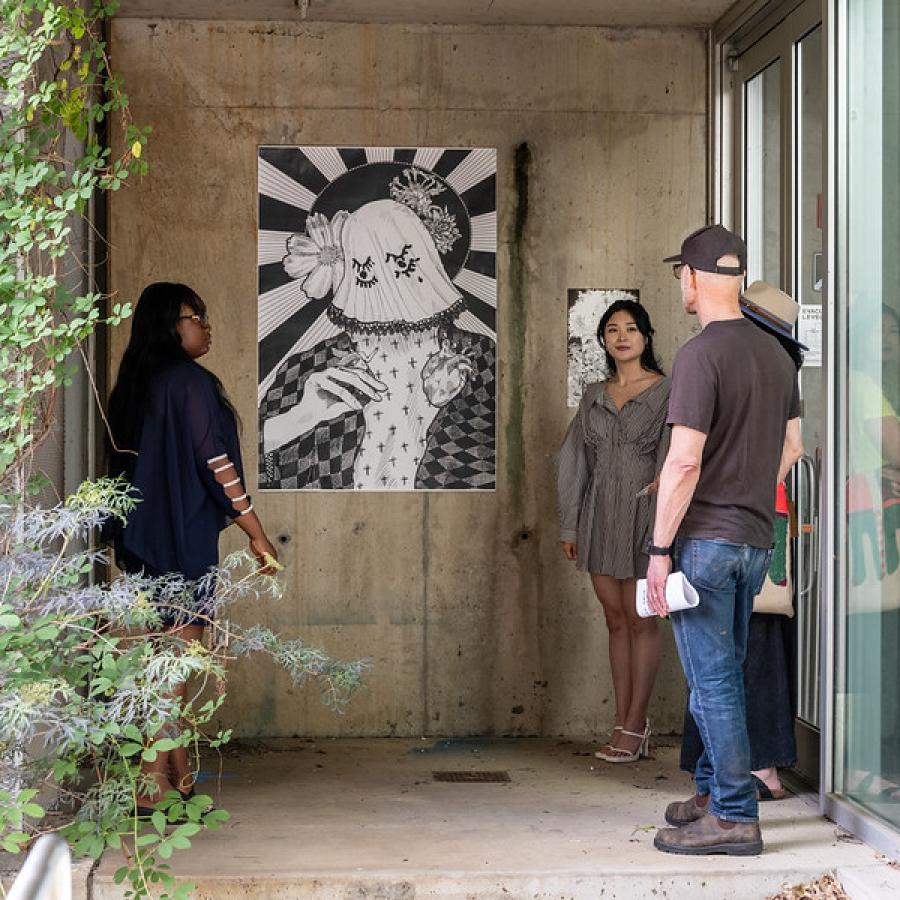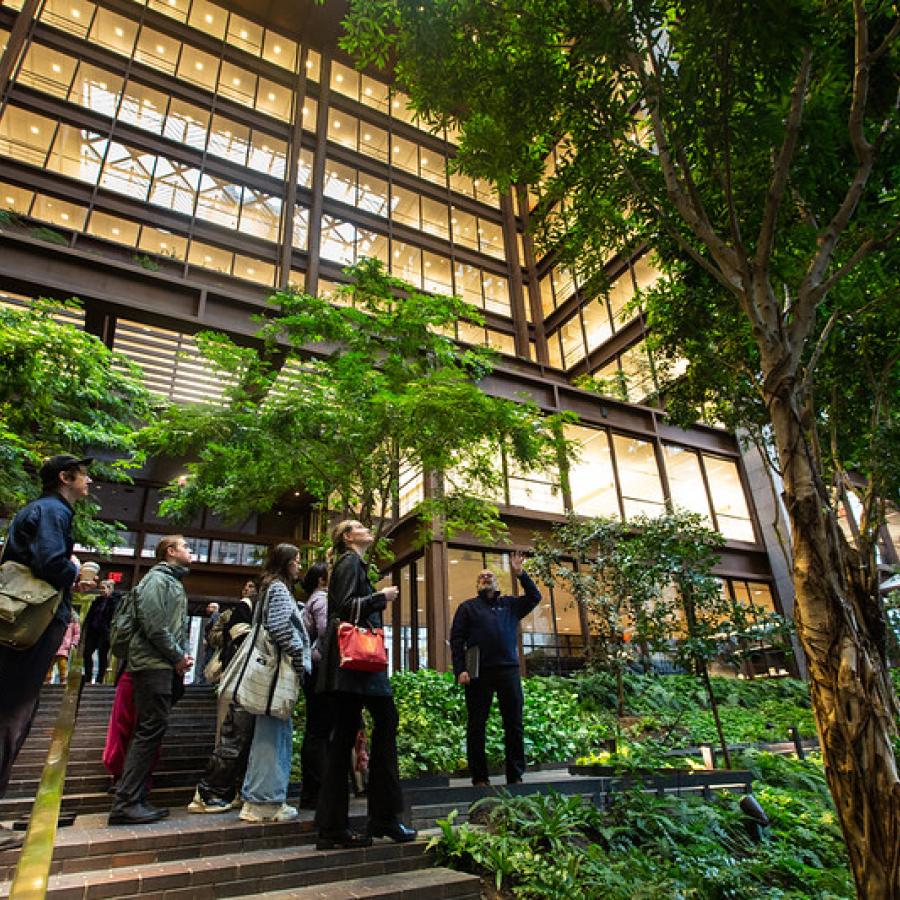Contact
Program Manager for Strategic Initiatives
 Core Tenets
Core Tenets
As an Einhorn Engaged College at Cornell, AAP is furthering our collective commitment to imagine and build a better world for all. Engagement programming at AAP expands opportunities to advance rigorous community-engaged instruction, research, creative work, and discourse across our disciplines.
Goals

Ensure that AAP's undergraduate and select graduate and postgraduate degree programs expose students to immersive experiences with communities, providing opportunities to experiment with radical integrations of theory and community engagement through curricular and co-curricular activities.

Establish an ethos of rigorous community-engaged theory, research, creative work, and public scholarship with mutually critical and reflective components that benefit all participants in any given project or activity.

Provide tangible resources for community-engaged activities that leverage best practices and developments in engaged learning and research, and challenge faculty and students to create new design and research methodologies that adapt to social and cultural conditions and integrate different forms of knowledge.

Celebrate and amplify the work of our faculty and students supported by the AAP Engagement Impact Grants.
Core Tenets
Exposure / Rigor
Identify relevant theories and research methodologies to develop informed research.
Expose students and participants to cutting-edge disciplinary and cross-disciplinary creative work relevant to engaged activities and develop ways of working that challenge traditional and conventional pedagogy.
Develop structured critical reflection to articulate desired, actual, and unexpected outcomes as well as situated observations on personal growth.
Creativity / Innovation / Experimentation
Strengthen expertise by actively articulating and challenging conventional modes of working within a given discipline.
Develop a cross-disciplinary diversity of critical thinking including the visual representation of ideas as well as forensic and analytical skills.
Deepen cross-disciplinary expertise by effectively articulating new opportunities for addressing community issues and topics through a wide lens that synthesizes multiple methods, theories, or ways of constructing knowledge and deconstructing knowledge hierarchies.
Collaboration / Partnership
Address a specific interest, problem, or public concern in conversation with the community it impacts.
Consider community participants in course development and implementation.
Share relevant outcomes, such as research findings, resources, and critical reflections with community participants to create opportunities for feedback from students and community partners.